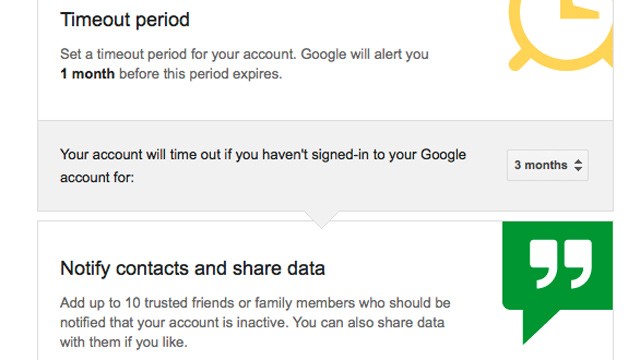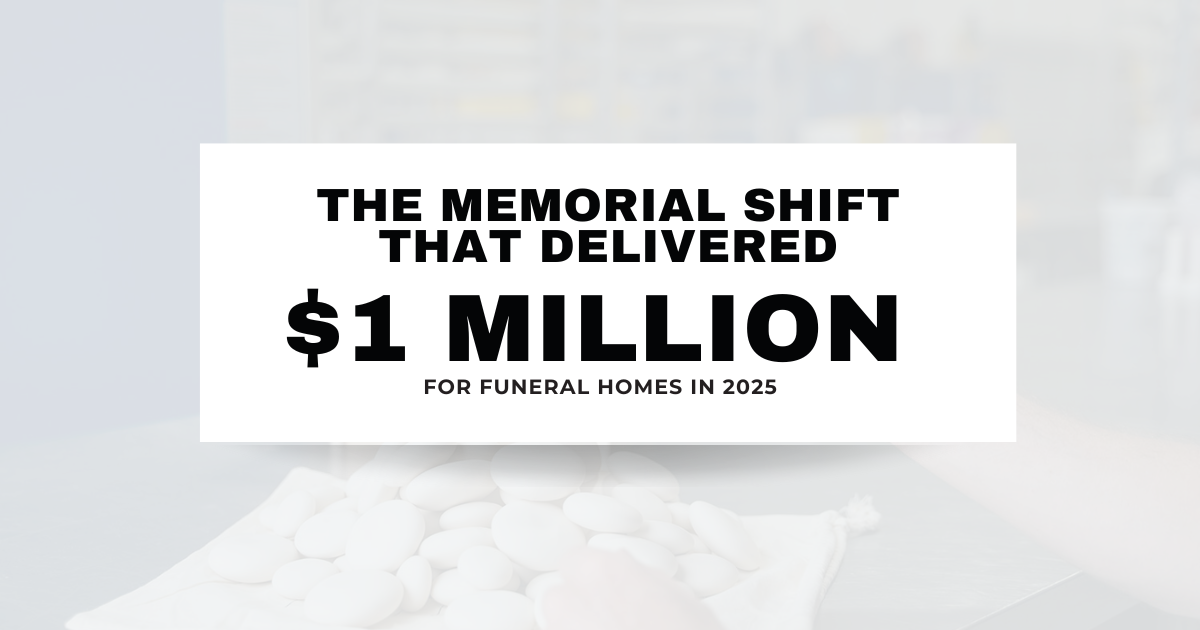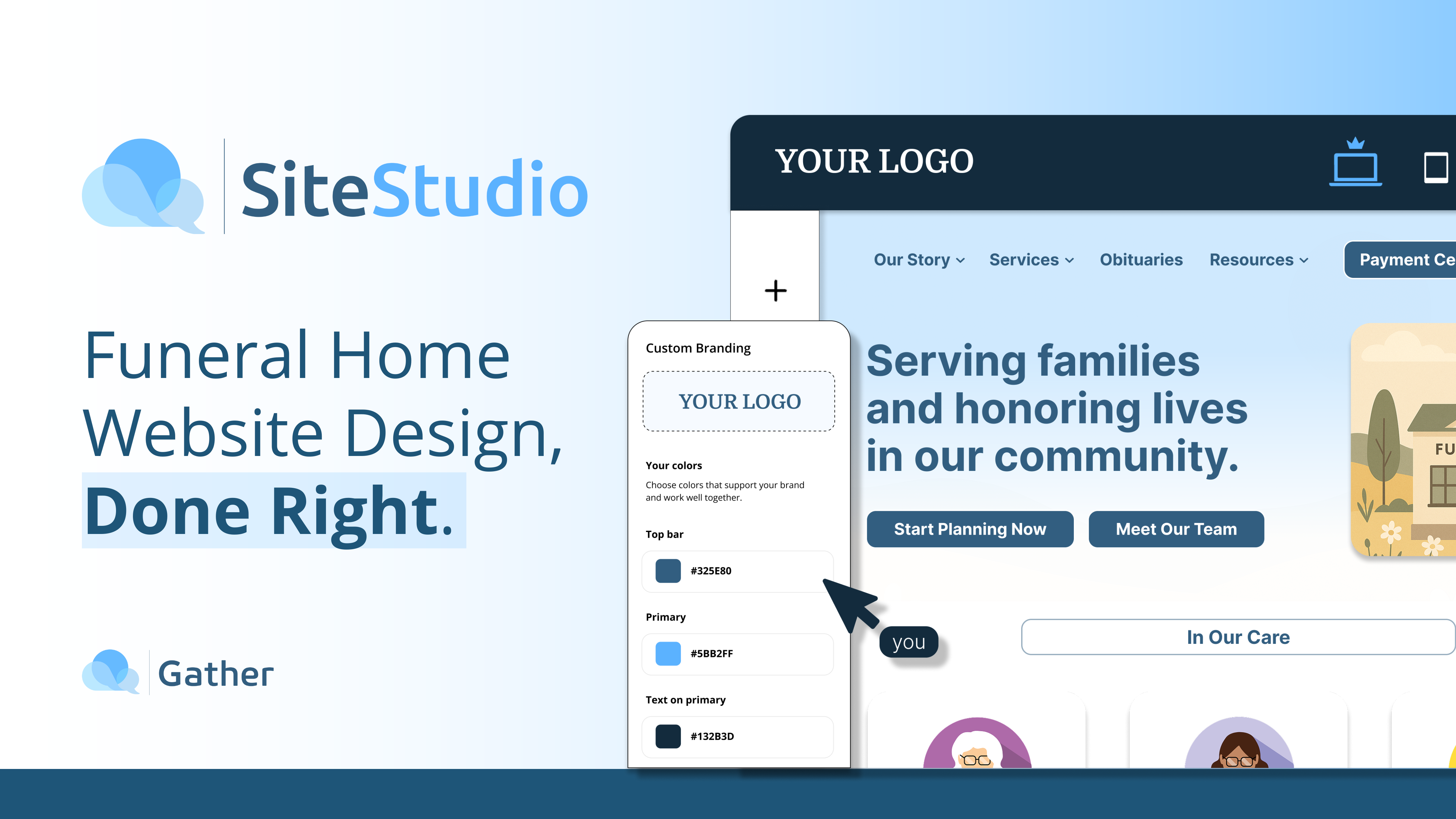Google Lets You Give Access To Digital Assets When You Die
What happens to everything you own on the web when you die? It’s something most of us would rather not think about, but as more of our lives are lived online, it’s a logistical problem that’s becoming increasingly important.
Now Google has come up with a solution. Inactive Account Manager is a new feature designed to take care of all of your Google assets, whether emails on Gmail or documents on your Google Drive, when you die (or become inactive in Google-speak).
Users can go and tweak their preferences in settings and can decide to either have their data deleted after a given period of inactivity, ranging from three to 12 months, or they can ask that selected contacts be sent their data. It’s like bequeathing your physical belongings but for your YouTube account, emails and other Google services.
“We hope that this new feature will enable you to plan your digital afterlife – in a way that protects your privacy and security – and make life easier for your loved ones after you’re gone,” Google said in a blog post.
But don’t worry, Google will check to see if you have passed away before they start dishing out all your Google Docs to all and sundry: an email to a secondary address and a text to your phone will warn you if your inactivity cut-off point is approaching.
The service might sound a bit morbid but it’s something that’s been needed for quite a while. Until now, a relative of someone who had died who wanted to access that person’s Gmail account would need a death certificate and proof of an email conversation between the two to prove that they knew each other. Third party firms already let users entrust their digital belongings to loved ones, for a fee, while Facebook lets users turn their loved one’s page into a memorial.
[via: newscientist.com]




